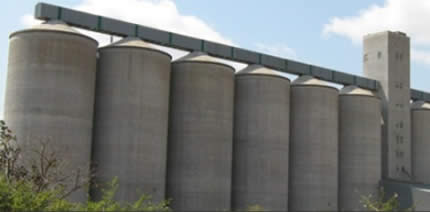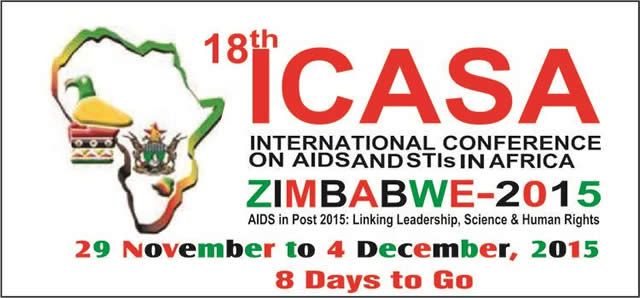GMB chairman under fire

Zvamaida Murwira Senior Reporter
Grain Marketing Board chairperson Mr Charles Chikaura came under fire from legislators yesterday after he allegedly used his influence as Infrastructural Development Bank of Zimbabwe chief executive officer to transfer $160 000 meant for investment by the grain utility to a private firm without the authority of the board. Legislators noted observations by Auditor General Ms Mildred Chiri that GMB discovered that the IDBZ transferred the investment money to Muga Foods Private Limited, a client of GMB, without authority from the grain utility.
Parliament’s portfolio committee on Public Accounts chairperson, Ms Paurina Mpariwa raised the concerns while presenting the committee’s report on observations made by Ms Chiri about the GMB in her 2014 report. The committee was also not happy that the GMB instituted civil proceedings against the IDBZ instead of criminal prosecution.
“On 9 December 2010, the board transferred an amount of $160 340 through Standard Chartered Bank for an investment with the IDBZ,” read the committee’s report presented by Ms Mpariwa.
“From 2010 to the time of audit, the board had not recovered both the principal amount and interest from the bank. Apparently, GMB found out that IDBZ had transferred the investment into one of its clients called Muga Foods Pvt Ltd without the authority of GMB,” it said.
“The CEO of IDBZ is currently the board chairman for the GMB, which raises matters of conflict of interest.” When GMB finance director, Mr Joe Muzurura appeared before the committee in July this year, he said the GMB was equally puzzled by the conduct of the IDBZ to transfer investment to the grain utility’s client without its authority.
“The committee, however, did not rule out influence of the GMB board chairman in facilitating the illegal transaction,” said Ms Mpariwa. “The finance director indicated that they had instituted civil proceedings to recover the investment.
“The committee, however, wondered why GMB did not prefer criminal proceedings against IDBZ officials for transferring its investment without GMB’s approval.” Mr Muzurura told the committee that usually when banks made payments on their behalf, they first consulted them, something that was not done in the present instance.
Another observation by the committee was that GMB employees were not being taxed fringe benefits as required by the Income Tax Act. “As a result, penalties amounting to $1 588 372 were levied against the board by zimra. Part of the penalties were also related to salary arrears amounting to $17 million,” said Ms Mpariwa.
It was also noted that the GMB, during the period under review, downgraded maize totalling 61 396 tonnes with a replacement value of $18 million due to poor storage facilities, poor quality tarpaulins and delays in fumigation. “The Consumer Council of Zimbabwe advised that the maize could have fed 1 534 900 households of six people each, for a period of one month,” said Ms Mpariwa.










Comments